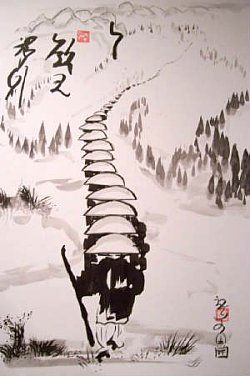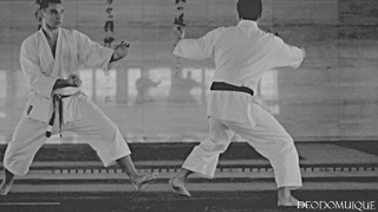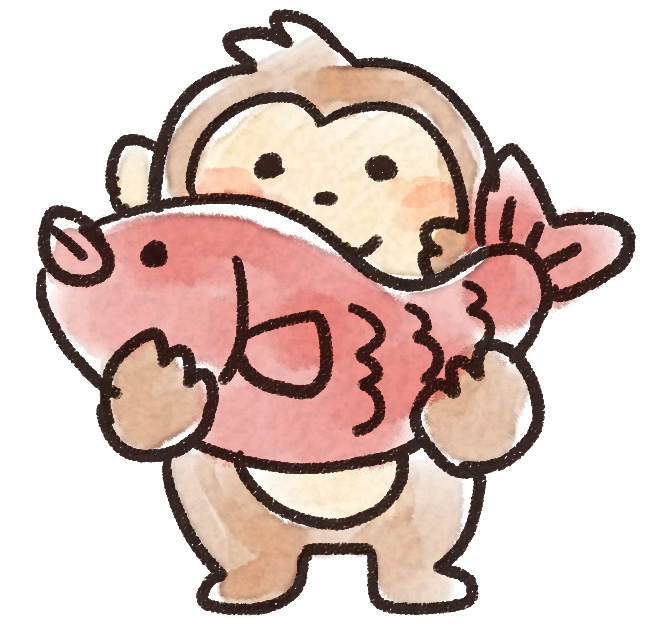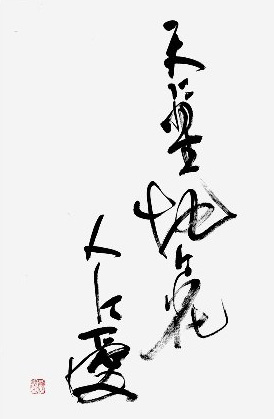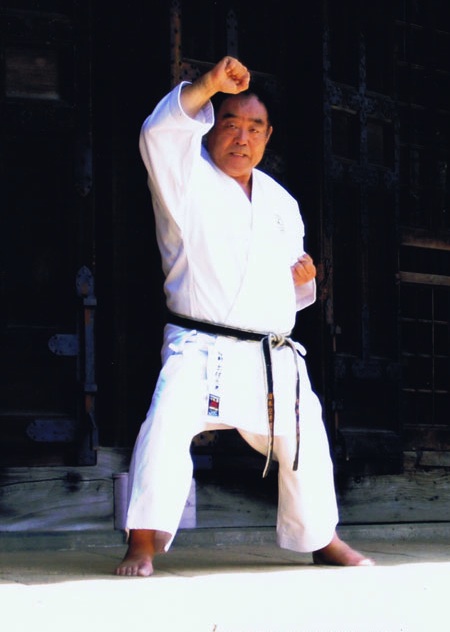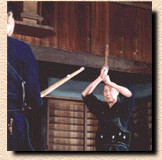“It takes 1,000 days to forge the spirit and 10,000 days to polish it.” – Miyamoto Musashi
What do you want? Who do you want to be? What do you want to do? What do you want to accomplish? All these questions arise sometime in our lives and are sometimes difficult to answer. When you find something you want to do, it is amazing but that leads to another set of questions. Mainly, "How do I do it?"
Author Malcolm Gladwell's book Outliers theorized that it takes roughly 10,000 hours for someone to master a skill. I think this number is on the right track in that it takes 10,000 hours to gain competence and confidence which is the basis of "mastery."
How long does it take to truly master something? The funny thing about the word "mastery" implies that there is a some destination that one arrives at, but true mastery exists in the pursuit and not in the destination. Furuya Sensei used to talk about how, "If one could master Aikido then they could master anything," but this was not original in that Miyamoto Musashi also talked about in the Book of Five Rings. What they were talking about is the process to master one thing is the same process to master another.
How does one then attain mastery? Whatever we want to accomplish whether it be Aikido or cooking requires the 3 Ds: diligence, dedication and discipline. One has to be diligent and put in the work, dedicate themselves to the pursuit and be disciplined enough to actually do the work. Once one can be diligent, dedicated and disciplined all that requires then is time. Put in the time to improve. Sensei used to say, "Aikido is egalitarian - those that put in the work will get good.
When I was in college, all of my friends played billiards or pool. Before this time, I had never played pool so I always lost. Then one summer, my best friend Steve and I played for an hour everyday at a local pool hall. In the beginning, I lost every game and it got to the point that even the waitresses and bouncers started to feel sorry for me. As we left, they would ask, "Did you win one?" To which I would answer, "no." By the end of summer, I started to win a few games here and there and by the next summer when we came back to play, I started to win half the games. It only took about a year and a half and then I started to play people in bars and at pool halls. People even started asking me to be their doubles partner.
I found this video about a guy who played or practiced table tennis everyday for a year in the hopes of going from beginner to expert and breaking into the top 250 players in England. It was quite an interesting story and similar to my pool story. They even created a website dedicated to encouraging "you to start your own deliberate practice project and begin your quest to skill mastery."
Can one become an expert in a year? Sure, but that requires that one actually puts in the work.
https://www.youtube.com/watch?v=4y21uwFUgkE



